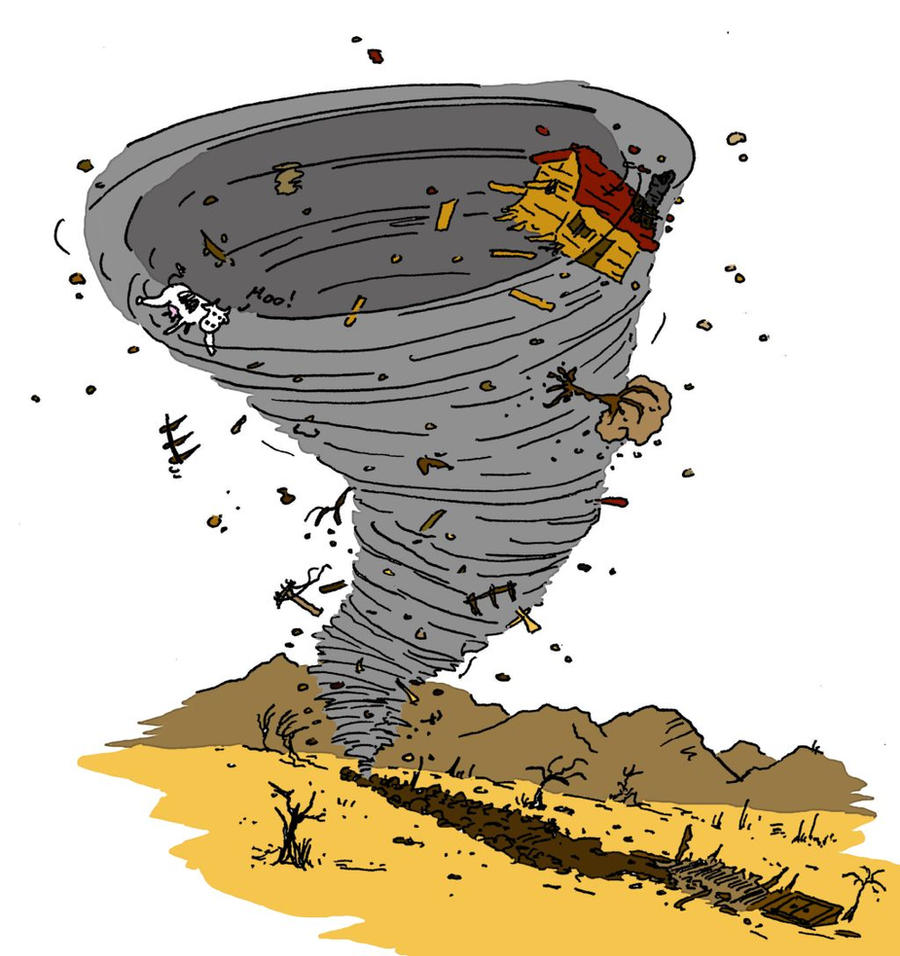wall chart for kids.....
based on wizard of oz...

examples of educational wall charts:


Preparing a tornado safety kit:
The American Red Cross suggests that you assemble a "disaster supplies kit" that you keep in your shelter area. The kit should contain:
1. A first aid kit with essential medication in addition to the usual items
2. A battery powered radio, flashlight, and extra batteries
3. Canned and other non-perishable foods and a hand-operated can opener
4. Bottled water
5. Candles and matches
6. Sturdy shoes and work gloves
7. Cash and credit cards
8. Written instructions on how to turn off your homes utilities
After a tornado:
1. Help injured or trapped people.
2. Give first aid when appropriate.
3. Don't try to move the seriously injured unless they are in immediate danger of further injury.
4. Call for help.
5. Turn on a radio or television to get the latest emergency information.
6. Stay out of damaged buildings.
7. Return home only when authorities say it is safe.
8. Use the telephone only for emergency calls.
9. Clean up spilled medicines, bleaches, or gasoline or other flammable liquids immediately. Leave the building if you smell gas or chemical fumes.
10. Take pictures of the damage, both to the house and its contents, for insurance purposes.
11. Remember to help your neighbors who may require special assistance--infants, the elderly, and people with disabilities.
The American Red Cross suggests that you assemble a "disaster supplies kit" that you keep in your shelter area. The kit should contain:
1. A first aid kit with essential medication in addition to the usual items
2. A battery powered radio, flashlight, and extra batteries
3. Canned and other non-perishable foods and a hand-operated can opener
4. Bottled water
5. Candles and matches
6. Sturdy shoes and work gloves
7. Cash and credit cards
8. Written instructions on how to turn off your homes utilities
After a tornado:
1. Help injured or trapped people.
2. Give first aid when appropriate.
3. Don't try to move the seriously injured unless they are in immediate danger of further injury.
4. Call for help.
5. Turn on a radio or television to get the latest emergency information.
6. Stay out of damaged buildings.
7. Return home only when authorities say it is safe.
8. Use the telephone only for emergency calls.
9. Clean up spilled medicines, bleaches, or gasoline or other flammable liquids immediately. Leave the building if you smell gas or chemical fumes.
10. Take pictures of the damage, both to the house and its contents, for insurance purposes.
11. Remember to help your neighbors who may require special assistance--infants, the elderly, and people with disabilities.
No comments:
Post a Comment